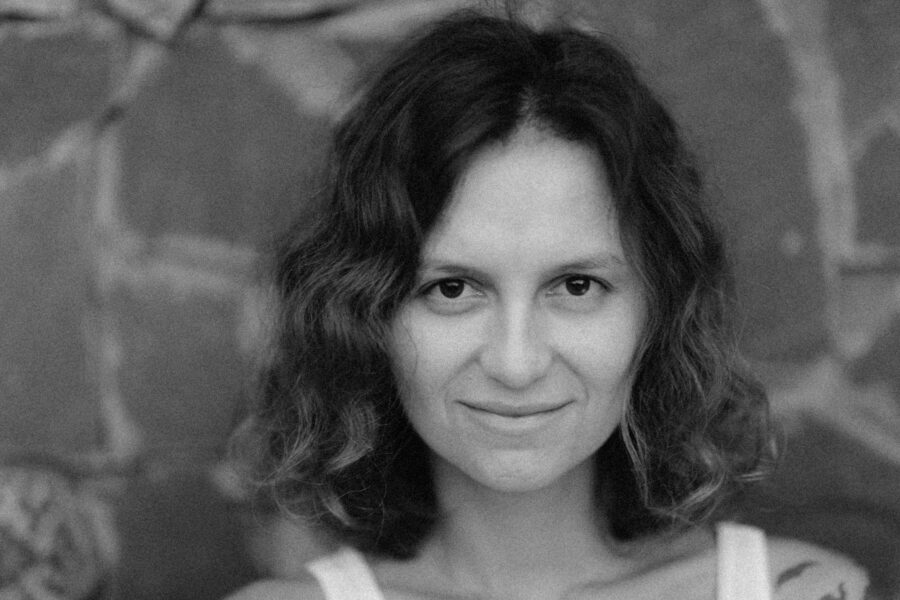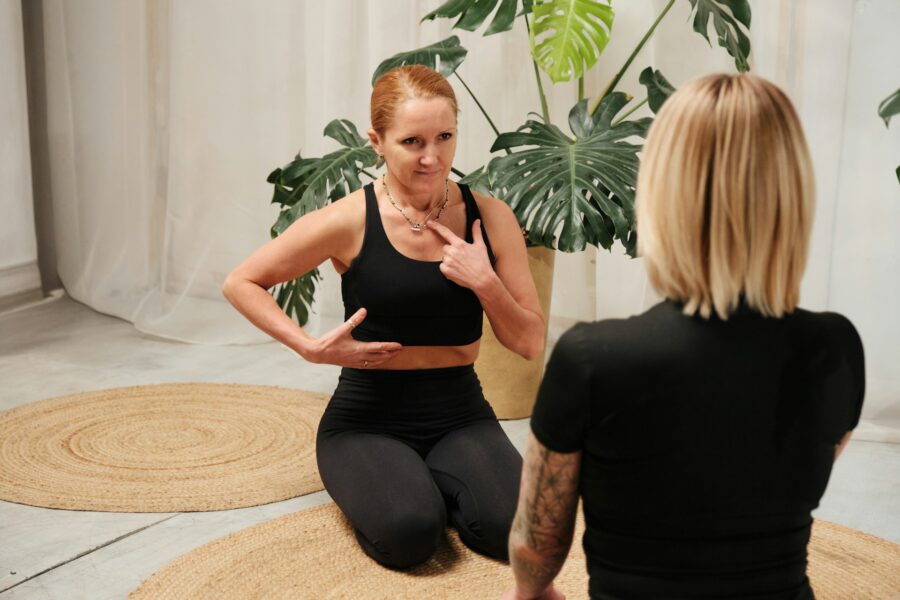Growing up in a family where mental illness is part of the daily landscape isn’t just challenging—it’s deeply impactful.
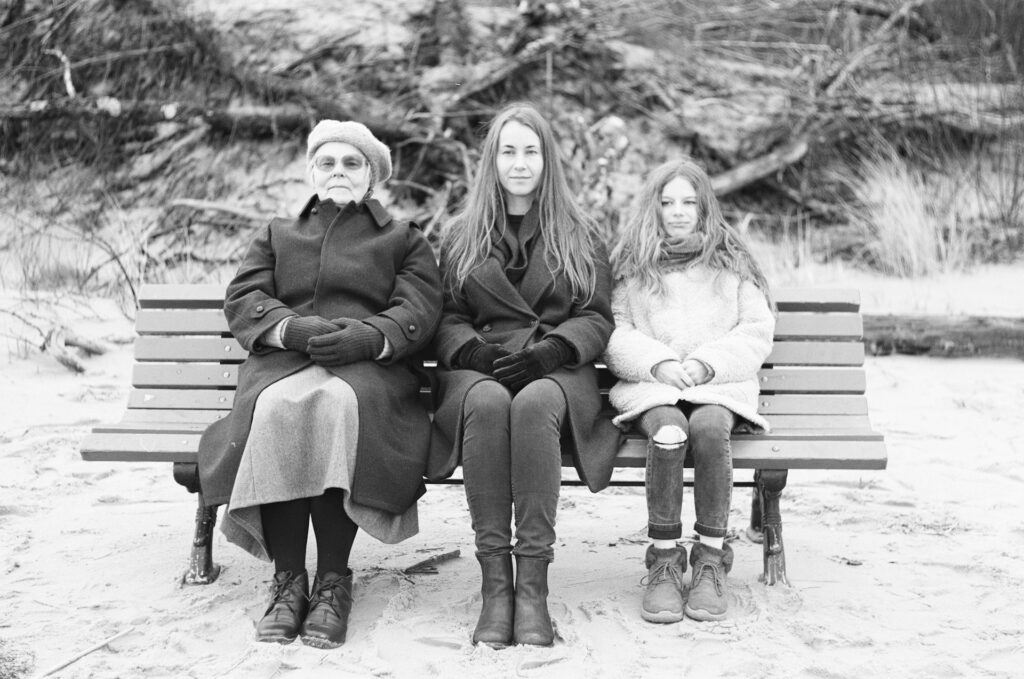
It teaches you to scan for mood changes, anticipate breakdowns, and sometimes disappear emotionally just to keep the peace. However, it also gives you perspective most people don’t have. It’s not just about surviving other people’s struggles—it’s about how those struggles rewire your sense of safety, responsibility, and self-worth. Here’s what that reality can quietly look like from the inside.
1. You learn to read the room like your survival depends on it.

That’s because, in a way, it does. You start noticing the smallest shifts in tone, energy, or expression. Was that sigh frustration or sadness? Is today a good day or a bad one? You calibrate constantly because the emotional atmosphere is rarely stable. That hyperawareness can follow you into adulthood. You might second-guess what people mean, feel responsible for their moods, or over-analyse social cues without even realising why.
2. You carry guilt for things that were never yours.

When someone you love is struggling, it’s easy to take on the emotional consequences, even if you’re clearly not the cause. You start thinking: Maybe I triggered it. Maybe I didn’t help enough. Maybe it’s my fault they’re not okay. This guilt can stick long after you’ve left the house. It turns into over-responsibility in relationships, apologising too much, and struggling to believe that you’re allowed to exist without fixing everyone around you.
3. “Normal” becomes a moving target.
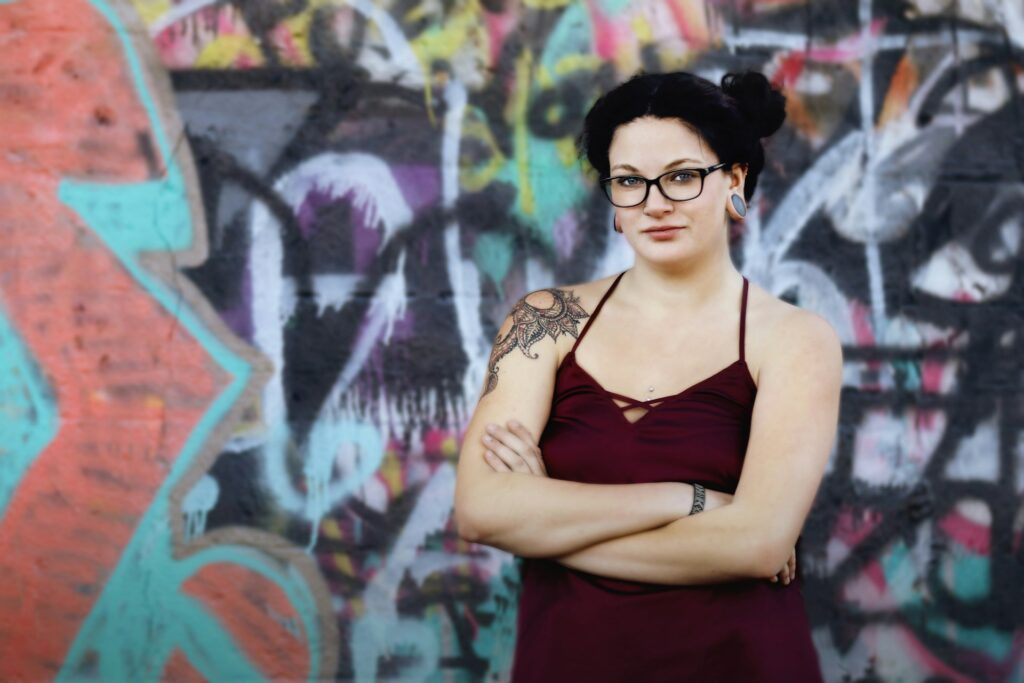
What’s stable for one week can completely unravel the next. You might go from laughter at dinner to slammed doors and silence within minutes. You learn not to get too comfortable, and even the good days feel fragile. As an adult, that unpredictability can make consistency feel unfamiliar or even suspicious. Calm feels temporary. You’re always bracing for the next disruption, even when everything looks fine.
4. You grow up fast, but not always in healthy ways.

Maybe you became the caretaker, or the problem-solver, or the one who didn’t cause trouble because someone else already was. You learned to minimise your needs so the family could focus on the bigger crisis. That emotional maturity can be mistaken for resilience. But underneath it, there’s often grief for the parts of your childhood you didn’t get to fully experience.
5. Silence becomes your default coping skill.
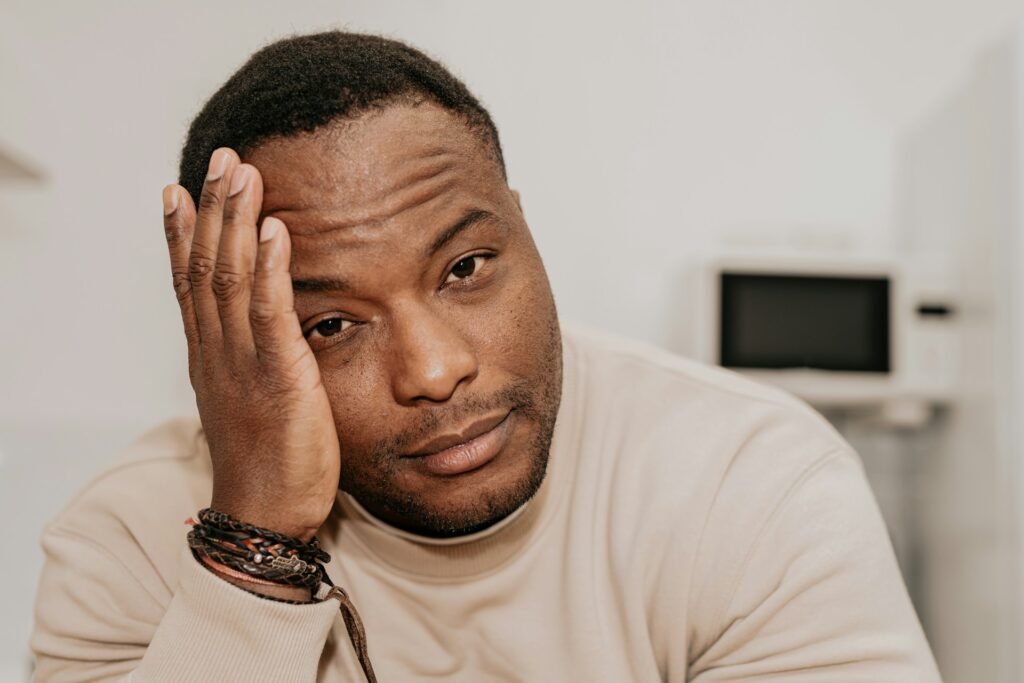
When chaos is normal, speaking up can feel dangerous. You learn to stay quiet, to keep things in, to tell yourself “it’s not that bad” even when it is. Silence feels safer than confrontation or vulnerability. However, silence doesn’t equal peace. It just buries things deeper. Unlearning that instinct—learning to say what you feel, to name your needs—isn’t easy when silence has always been your safest language.
6. Love and fear start to feel connected.

When someone you love is unwell, affection gets tangled with worry. You don’t just miss them—you’re scared for them. You don’t just care—you monitor. It’s hard to relax into love when it feels like a responsibility instead of a refuge. This dynamic can bleed into your other relationships. You might find yourself loving people by managing them, supporting them, saving them, even when that role is exhausting you.
7. You become amazing at hiding how much you’re holding.

You get used to smiling when your world’s falling apart. To saying “I’m fine” when you’re not. To being the strong one because someone has to be—and the truth is, you’re probably great at it. Of course, that kind of emotional masking comes with a cost. Eventually, you start feeling invisible, even to yourself. You forget how to ask for support because you’ve never really practiced being held.
8. Boundaries either didn’t exist, or became walls.

If emotional chaos ruled your household, boundaries likely weren’t modelled clearly. Maybe you were too enmeshed. Maybe you learned to shut down completely to protect yourself. Either way, the concept of “where I end and other people begin” got murky. Later, you might struggle with saying no, letting people in, or trusting your own limits. Boundaries don’t come naturally when your whole upbringing taught you to override them.
9. You develop complicated feelings around empathy.

You probably feel deeply for other people, but you also might feel burnt out by that empathy. When you’ve spent years being the emotional anchor for other people, you can become numb to your own feelings, or resentful of people who lean too heavily on you. You want to care. You do care. But sometimes, you just wish someone would care for you with the same intensity—and that guilt about even wanting that can be hard to admit.
10. Holidays and milestones carry extra weight.
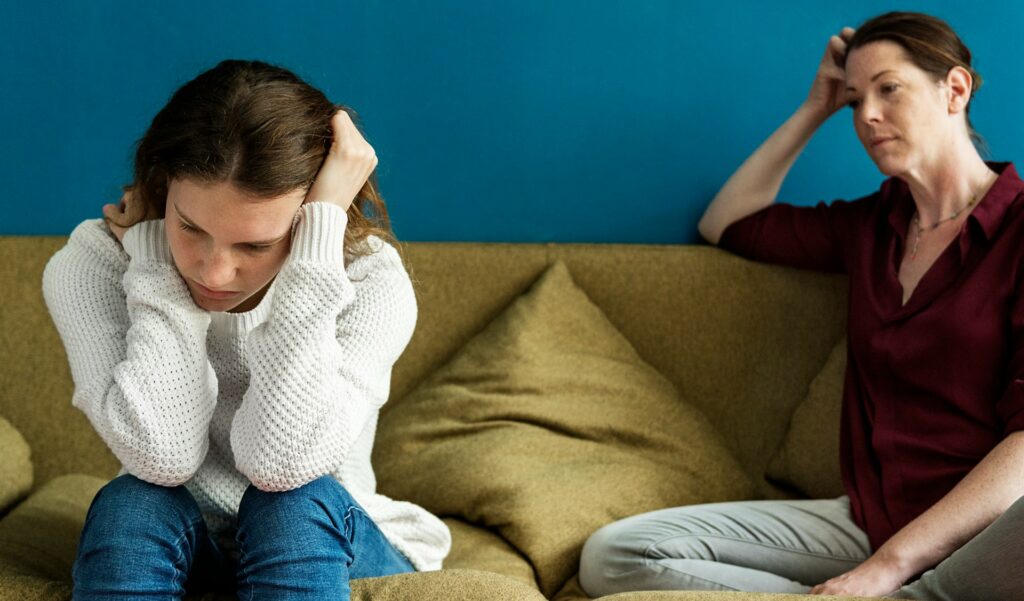
What should feel celebratory often feels tense. Birthdays, holidays, graduations—these moments can be riddled with emotional landmines. Will someone have an episode? Will we make it through without a meltdown? As an adult, you might struggle to enjoy big moments without dread creeping in. Joy feels complicated when it was so often paired with unpredictability or disappointment growing up.
11. You question your own mental health constantly.

When mental illness runs in your family, you’re always watching yourself. Was that just a bad day, or something more? Am I starting to unravel too? You become hypervigilant about your mind, especially if you saw firsthand what can happen when things spiral.
This awareness can help you catch things early, but it can also lead to over-monitoring, over-researching, and spiralling about what’s “normal.” You’re trying to stay safe in a mind that sometimes doesn’t feel fully under your control.
12. Healing feels lonely because most people don’t get it.

Unless someone has lived it, they often can’t grasp the emotional terrain. People say things like “but they meant well” or “family is everything,” not realising how much nuance and pain lives under those statements.
It can make you feel like you’re on your own—trying to heal from things that aren’t visible, trying to explain why love was laced with fear. However, healing is still possible, and you’re not broken for needing it, even if no one else around you understands why.

